Latest posts by Michael Gerber (see all)
- From Faith Current: “The Sacred Ordinary: St. Peter’s Church Hall” - May 1, 2023
- A brief (?) hiatus - April 22, 2023
- Something Happened - March 6, 2023
Here’s that interview with John Lennon on the occasion of “A Spaniard In the Works” I alluded to in the Beatles and the Aristocracy comment thread. From the June 18th, 1965 edition of the BBC programme “Tonight” hosted by Kenneth Allsop, it’s a real reminder of why Britain needed the Beatles. And how the world will always need them.
“Do you think you’d be published, uh, were you not a Beatle?”
“The pop business is a young man’s world…Do you think that perhaps, uh, writing a book like this, and writing at all, might be an unconscious attempt to win recognition in the adult world?”
No.
Comment.

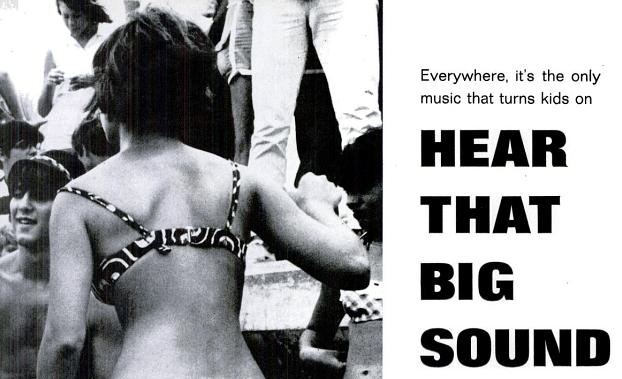
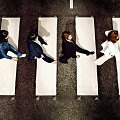
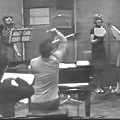
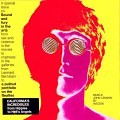
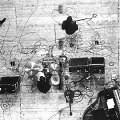
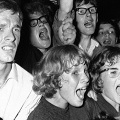
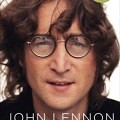
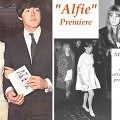
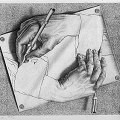


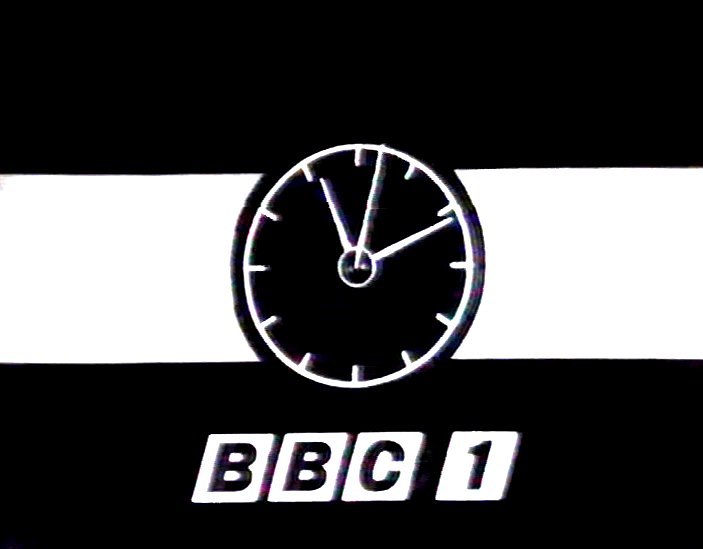
If you want a real snobby interviewer, watch this interview (starts 1:56 into the video):
https://www.youtube.com/watch?v=Jhec4z-l32k
—
Interviewer says “You’re the first author from Liverpool I’ve ever seen.” “Did your three friends help you with the book? Can they spell?”
—
You can literally see Lennon’s spirits sink during the interview. Watch his face after each question. He’s rescued by George, who tears pages from his book, turning it into a Marx brothers routine. Best way to react to a snobby, passive-aggressive upper-class twit who acts like it’s beneath him to be asking these boys questions.
—
Oddly enough, it’s a Swedish interviewer.
Thanks for posting this, Michael. Wonderful. John is down-to-earth and patient with the suit. His talking head “thank you” at the end is priceless.
I didn’t find this interviewer to be snobby or condescending at all. I thought he was actually quite respectful compared to a lot of interviewers at that time. Ironically I find the American interviewers were the most condescending to the point of being cringe worthy. The questions that you took issue with seem to me to be more in keeping with the generation gap at that time, rather than the class gap. Hologram Sam’s interview above was definitely what I would call blatantly insulting.
I agree. Which is what brought out Lennon’s gentler though still playful side.
Can’t speak to British classism, but I think in America it was probably generational. Have you ever seen an American television show from that time trying to come to grips with the youth movement in general and the Beatles specifically? They were absolutely bewildered and every attempt to write something is so cringe-worthy, it becomes pure camp.
I was watching an episode of Lost in Space called “The Promised Planet” on the new 50th anniversary Blu-Ray. Dr. Smith in a Beatles wig, teenagers dancing on pool tables, incense — even an actual Beatles poster in the background! Makes the notorious carrotman episode look like Citizen Kane.
But it made me think of similar episodes from Dragnet, Gilligan’s Island, The Dick Van Dyke Show, The Addams Family, you name it, everybody had an obligatory episode where mop tops and hippies show up and everybody reacts as if they are invaders from another planet. What the show runners didn’t grasp is that the families and authority figures they were portraying week-in and week-out as the cultural norm were increasingly the freaks, and the John Lennons of the world — good God, you mean a long-hair twenty-something can just scamper past the cultural gatekeepers?! — would become the mainstream.
There is an amusing Addams Family episode where Lurch becomes a pop star. Some sleazy record producer hears him moaning over his harpsichord, makes a hit record, and then screaming girls are camped outside the Addams mansion. Lurch is into it at first, loving his new celebrity status, but then he loses interest and becomes disillusioned (much like Lennon) and he ends his career.
—
The Addams Family script writers were lampooning the youth movement, where (in their opinion, and maybe they were right) any random noise could become hit material with the right marketing. Nat Perrin was the head writer and producer (he got his start writing for the Marx brothers) and he kept the story from being too mean-spirited; more of a whimsical Hard Day’s Night style of comedy…
@Mythical, it’s so true. I was watching an episode of “Alfred Hitchcock Presents” from 1965, and they had a middle-aged character disguise himself as his own younger cousin, ie a stereotypical beatnik, fully ten years after such stuff had been youth fashion, and twenty after it had been radical. They weren’t trying to portray real life, they were quoting Maynard J. Krebs: beret, striped mime-shirt and chinstrap beard. You watch a show like that and think, “Who can this possibly be for?”
Hitchcock was clearly perceived to be for older people — over 30s, I guess — so there was no percentage in being up-to-date on Youthquake fashions. (In fact, being truly current might’ve felt a little threatening.) This is so much different from today, where every show, movie, commercial or bit of packaging is tuned to surf the million-skrillion microtrends generated and tossed aside by our 16-30s. Why are “selfies” a thing? Who in their right mind pays attention to someone like Miley Cyrus? And yet that’s what the media is determined to put in front of our consciousness, and tech platforms like Facebook and Twitter deliver ever-more-efficiently.
Success in such an ecosystem requires a kind of intentional stuntedness at the executive level — an ability, at 50, to really get stupid teenagers. Making yourself this way is awful; actually being this way is worse. (This SNL sketch comes to mind.)
This culture-wide self-stupefaction is the unintended tragedy of post-60s pop culture. The demographics of the Boomers were so overwhelming, and the culture produced by their heroes could be so good, that our culture industry stripped every gear changing from formats which had organically arisen from centuries of theatrical/musical tradition to some sweaty middle-aged man’s blurry idea of “what the kids dig today.” (Cue George in “A Hard Day’s Night.”) In the space of ten years, the culture business changed from adults producing for an adult audience (with children’s stuff as a notable side-area), into an army of adults working very hard and even more cynically to attract only a very narrow slice of the population. The rest of us would have to be content with PBS and NPR, the BBC and TCM.
The tragic thing is this: this binary shift missed precisely what made the great Boomer pop culture great. You had several generations of highly trained, highly disciplined people suddenly being given license to do whatever they wanted. And you had this fruitful tension on both sides of the camera: the producers were bringing old-school technique to a whole bunch of new topics, and the audience had been educated in grown-up media first. This is how you get “A Hard Day’s Night”; new journalism and Harold Hayes’ Esquire; SNL. The past is a great straight-man.
There’s no other rock movie that comes close to “AHDN” because that movie’s peerless ability to exhilarate comes from a tension which, after 1964 or so, no longer exists. The drug humor of early SNL is still hilarious because John Belushi was who he was, and in 1975, you didn’t say that on television. “Easy Rider” is great because it’s a hippie version of the Hollywood staple, the road-movie; “Apocalypse Now” is the war movie; “The Godfather” the gangster picture; “Star Wars” is the old serial…or maybe that’s “Raiders of the Lost Ark”? See what I’m getting at here? See why this blog is about The Beatles? I believe that great pop culture makes its own audience, and great pop culture can only really come from a tension of old and new.
Hollywood’s highly productive post-Cleopatra flipout has been well documented, but TV is a different story. TV’s advertising-supported, so if the advertising business still believed that over-30s were where the money was, we would’ve had movies aimed young (because young people buy the movie tickets) and TV still aimed old (because old people buy the toothpaste). “Easy Rider” in the theaters and Playhouse 90 on the tube. Because the intellectual beliefs changed in the late 60s/early 70s — the idea that kids drove parental purchasing, and product loyalties were formed much younger than previously thought — the content changed. To be honest, though, I think that’s a bunch of malarkey; in a hundred years, people won’t understand why we suddenly shifted our awesomely powerful storymaking apparatus to aim it at 16-year-olds. It will, in my opinion, be our version of the Romans’ drinking out of lead goblets — “Why did they do that? That’s so dumb.”
Somewhat related, but I’ve long had a theory that the real reason The Beatles stopped touring was the press conferences. Like probably most of you, I’ve listened to dozens of hours of those things, and I am hard pressed to think of a single intelligent question. And a good chunk of them were horribly condescending. Here these guys were transforming the culture and creating lasting works of art, and they had to sit and be insulted by those idiots. Yep, the more I think about it, the more I’m convinced, that’s why they quit touring.
Somewhat related, but I’ve long had a theory that the real reason The Beatles stopped touring was the press conferences.
—
It could have been a contributing factor, but the press conferences never stopped. They had to talk about Apple (remember the excruciating sit-down with Joe Garagiola?) and every time they stepped off a plane there were reporters waiting with questions. Right after they learned about Brian’s death they had microphones in their faces!
I’m actually in the middle of Heylin’s “Behind the Shades” bio of Dylan and just read the chapter dealing with his brief tour of England in ’65 and DA Pennebaker’s “Don’t Look Back” covering said tour (mostly Dylan and friends hanging in his Savoy suite; Dylan typing away, hangers on…..hanging on) which has some excruciating clips of Dylan press conferences. At least (as they pointed out in later years) the Beatles had each other, whereas Dylan had to fend for himself to answer questions like what his favorite color was and what he had for breakfast. Watching Dylan flip the script and turn on the interviewer only to see them squirm is endlessly fascinating, IMO. Bob may have been an a$$hole on that tour but dammit was he interesting to watch.